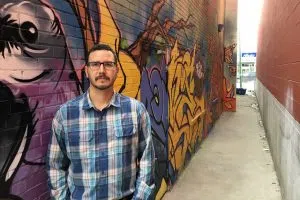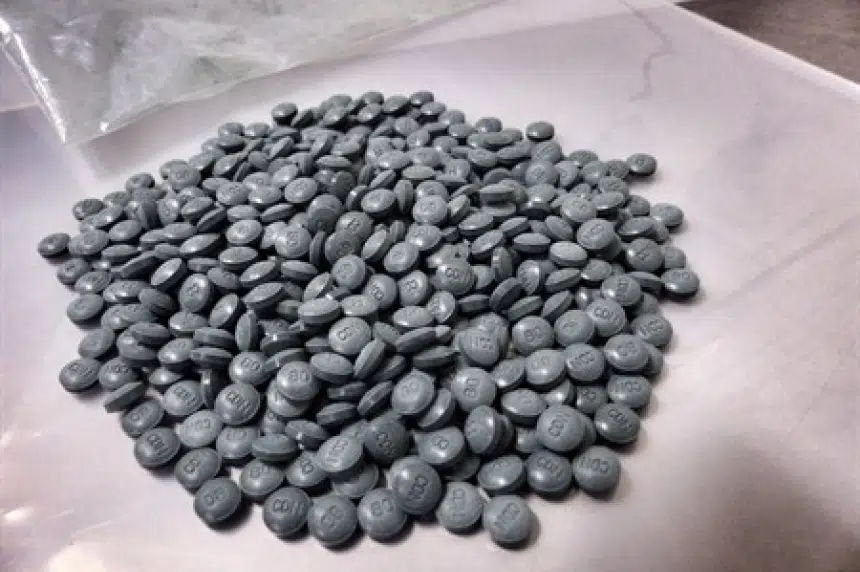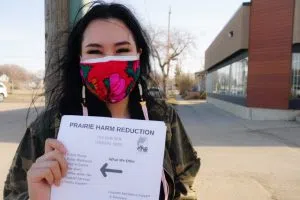In 2021 alone, more than 100 Saskatchewan families have lost a loved one due to a drug overdose.
That’s what we learned Thursday, when the Saskatchewan Coroners Service released its latest update into drug toxicity deaths.
The update also included changes to the record-setting, 2020 year. In total, 336 individuals died, 262 of whom have now been confirmed by the coroners service. An additional 74 have yet to be signed off by the coroner but are suspected to be overdose deaths.
Flipping to 2021, 103 individuals have died since Jan. 1. That includes 75 deaths in the first two months, in addition to another 28 fatalities from March 1 until this past Tuesday.
Of the 103, 25 deaths have been confirmed, with 23 deemed accidental and another two classified as suicide.
In its report, the Saskatchewan Coroners Service also updated the communities in which the confirmed deaths occurred.
That includes 129 in Regina since 2020, with 16 coming in 2021. Saskatoon sits at 68 since 2020, with four occurring in 2021.
A total of 57 communities across Saskatchewan have seen a confirmed overdose death since 2020, including 13 Indigenous communities.
Jason Mercredi, Prairie Harm Reduction
The news of the updated overdose death totals comes just two days following the rollout of the provincial budget. Not included in that budget was Prairie Harm Reduction (PHR), Saskatchewan’s only safe consumption site.
Executive director Jason Mercredi told 650 CKOM the Thursday update wasn’t as shocking as months past.
 “The numbers seem to be climbing at an exponential rate. I think, sadly, we weren’t shocked. We’ve been warning the public for a while now,” he said.
“The numbers seem to be climbing at an exponential rate. I think, sadly, we weren’t shocked. We’ve been warning the public for a while now,” he said.
“After we saw what the budget (had), there was really nothing that’s going to stop these numbers from dramatically increasing. We’re expecting this year to be our worst year to date.”
He added that although the province may not see the need for support, the community has been standing up for the organization.
“We get inundated with inbox messages from people saying, ‘We have lost a family member,’ or ‘Have lost a friend,’ and just appreciate what (we’re) doing, that we’re advocating,” he said. “It’s hard to console people when they just lost somebody. I think the community feels abandoned right now.”
The organization has launched a letter-writing campaign, which is a draft of a letter supporters can send to the premier, the finance minister or ministries involved in addictions and mental health. Since it was launched Wednesday at 11 a.m., Mercredi said more than 4,700 hits have been recorded on the page.
In terms of donations, PHR has received more than 200 since Tuesday. That includes 120 in the past 24 hours.
“It’s really awesome to see the community stand up. We’ve got businesses that have reached out. Right now, we’ve got four businesses running fundraisers for us,” he said. “It’s awesome that the community is standing up but it’s kind of crazy that we’re having to fundraise for health services here in Saskatchewan.”
On Wednesday, Saskatoon Mayor Charlie Clark said he wished that more strategic investments were targeted in the budget when it comes to mental health and addictions.
He also answered a question regarding why the city doesn’t step up to help.
“For the city to take on and backfill a project like this when the province doesn’t sets a dangerous precedent,” he said. “I don’t want that to become the trend as to how we deal with these issues.”
Mercredi agreed with that Thursday.
“I think the province would love nothing more than to offload more of the addictions burden on the civic expenditures. They’re already doing that because police are having to respond (and) fire’s having to respond to overdoses,” he said.
“Mayor Clark’s right. The health care is a provincial responsibility. The province should be paying for this service. Everybody’s endorsing it.”
A small rally was held Wednesday night in Saskatoon for PHR and criticizing the actions of the provincial government. Mercredi said it was nice to see the youth show up, many of whom are from the Pleasant Hill area.
“They’re sick of seeing their friends and family die,” he said. “I think the momentum’s turning. Young people are very aware that this is an issue that’s not going away.”
Erica Violet Lee, Wednesday rally organizer
The individual spearheading the rally was Saskatoon’s Erica Violet Lee.
She said around 50 people showed up with signs during the rally, held between 5 p.m. and 7 p.m. on 22nd Street West and Avenue I.
“A lot of the youth from Chokecherry Studios … wanted to have an event because so many of our lives have been directly impacted by overdoses and unsafe drug use by our family members, by our community members, by those we love and by ourselves,” she said.
Chokecherry studios is a gathering place for youth in inner-city Saskatoon. Lee said it was important for the youth to get out, as they felt enraged and consistently disappointed in the “failure” of the provincial government to implement better funding and resources.
“There’s so many in this city, and province, who believe in harm reduction and believe it’s better to keep people safe than losing more lives,” she said.
“There’s a breaking point now where so many of our family members and our loved ones … have been taken too early. (Government officials) seem to believe that people who use drugs don’t deserve humane treatment.
“We have a chance to truly influence policy. But further than that, we have a chance to tell the provincial government and tell all governments that we’re tired of waiting around for their approval while our community members are dying.”
Lee said more rallies like the one Wednesday could be coming in the near future, not just in Saskatoon but across the province.








